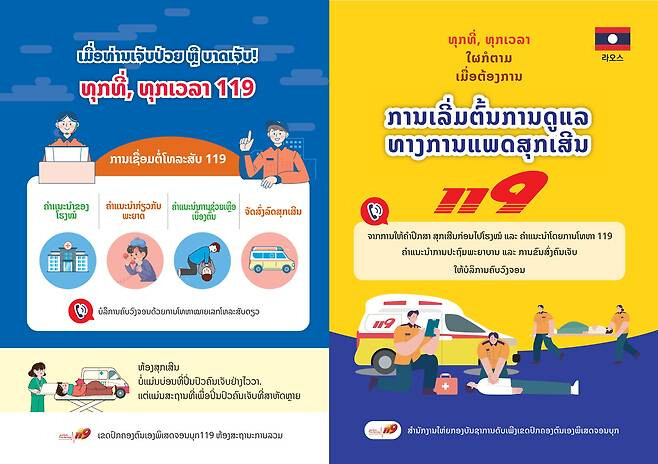
Chungbuk Province is set to launch a program that leverages the linguistic skills of international students to address the communication challenges faced by foreign residents within the province.
On April 17th, the Chungcheongbuk-do provincial government announced its plan to implement a "Foreign International Student Interpretation and Translation Support Project." This initiative aims to ease the language barriers encountered by the growing foreign resident population in the region.
According to Chungcheongbuk-do, the number of foreign residents in the province has more than doubled in the past decade, increasing from 36,206 in 2014 to 72,719 in 2024. The number of international students has also surged, surpassing 10,000 as of April 1st.
Park Sun-hee, head of Chungcheongbuk-do's Foreign Resident Policy Promotion Group, stated, "As the number of foreign residents increases, so do the difficulties they face due to language barriers in places like banks and public offices. To alleviate these inconveniences, we are launching this project with the help of international students proficient in Korean."
The province plans to recruit international students enrolled in universities within Chungcheongbuk-do who possess strong Korean language skills. Eligible students will need a Test of Proficiency in Korean (TOPIK) level 4 or higher, or completion of level 4 or above in the Korean Social Integration Program (KIP).
Understanding TOPIK Level 4 and the Social Integration Program:
TOPIK (Test of Proficiency in Korean) Level 4: This level indicates that the test-taker has an intermediate level of Korean proficiency. Individuals at this level are generally able to understand the main ideas of news reports and newspaper articles. They can also communicate in various situations encountered in daily life and perform work-related tasks to some extent. A score of over 150 out of 300 in TOPIK II (which encompasses levels 3-6) is required to achieve Level 4.
Korean Social Integration Program (KIP) Level 4: This program, administered by the Ministry of Justice, provides systematic education on the Korean language, culture, and society to help foreign residents adapt to life in Korea. Completing Level 4 signifies an intermediate level of Korean language proficiency and an understanding of basic Korean social customs.
Selected international students will provide support in various areas, including interpretation and translation assistance during consultations, document preparation, and general administrative support. In return for their services, they will receive at least the minimum hourly wage, along with transportation expenses based on their commute distance.
To ensure the efficient execution of the project, Chungcheongbuk-do has entrusted the overall management to the Chungbuk Institute for Lifelong Education and Talent Development. Furthermore, a separate implementing agency will be selected to handle the recruitment and management of the international students. Dedicated personnel within this implementing agency will also receive monthly stipends to ensure administrative continuity and professional project management.
Chungcheongbuk-do aims to finalize the selection of the implementing agency by the end of April and recruit the international students in May. The project is scheduled to officially commence in June.
Park Sun-hee emphasized the broader impact of the initiative, stating, "This project goes beyond simply providing interpretation and translation services. It is a mutually beneficial model that offers practical settlement support for foreign residents and provides international students with opportunities for community engagement. We will analyze the outcomes of this pilot project this year and plan to expand it fully starting next year."
This initiative by Chungcheongbuk-do marks a significant step towards creating a more inclusive environment for its foreign residents by utilizing the valuable linguistic assets of its international student population.
[Copyright (c) Global Economic Times. All Rights Reserved.]




























